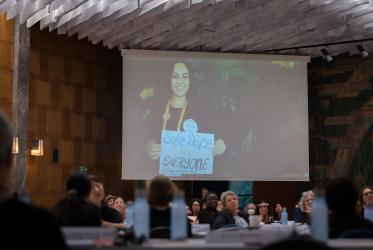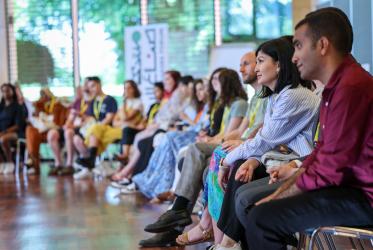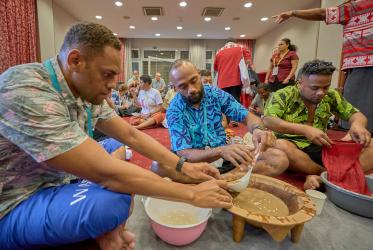By rights, it should have been Africa. The World Council of Churches’ (WCC) First Assembly had been held in Europe (Amsterdam), the second in North America (Evanston, USA), the third in Asia (New Delhi). Hopes were raised that Africa would be the next continent to host the council. But questions arose concerning acts of violence and military conflicts in Africa throughout the 1960s, from the Biafran region in Nigeria to Zanzibar and Eritrea, from Algeria to Mozambique and Rhodesia. And so the Fourth Assembly returned to the “safety” of Europe, to Uppsala in Sweden. In one of history’s ironies, Soviet tanks would roll into Prague one month after the assembly’s close.
06 September 2022







